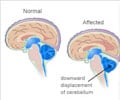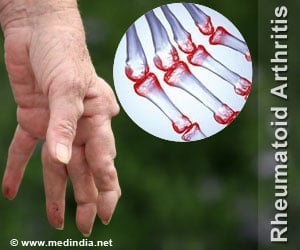Amyloids, proteins which are involved in fatal brain disorders such as Alzheimer's, Huntington's, and Parkinson's diseases can be destroyed by using green tea chemical combined with another chemical.
Amyloids, proteins which are involved in fatal brain disorders such as Alzheimer's, Huntington's, and Parkinson's diseases can be destroyed by using green tea chemical combined with another chemical.
Scientists at Boston Biomedical Research Institute (BBRI) and the University of Pennsylvania suggested that the novel discovery might ultimately contribute to treatments for these diseases."These findings are significant because it is the first time a combination of specific chemicals has successfully destroyed diverse forms of amyloids at the same time," Nature magazine quoted Dr Martin Duennwald of BBRI, who co-led the study with Dr. James Shorter of University of Pennsylvania School of Medicine, as saying.
Duennwald had previously shown that exposure to chemical EGCG inhibits amyloid production in yeast. He had also found that DAPH-12, too, inhibits amyloid production in yeast.
In the new study, researchers exposed two different amyloid structures produced by yeast (e.g., a weak version and a strong version) to EGCG.
They found that the EGCG effectively dissolved the amyloids in the weaker version however stronger amyloids were not dissolved and that some transformed to even stronger versions after exposure to EGCG.
The team then exposed the yeast amyloid structures to a combination of the EGCG and the DAPH-12 and found that all of the amyloid structures broke apart and dissolved.
Advertisement
The findings appear in journal Nature Chemical Biology.
Advertisement
RAS















